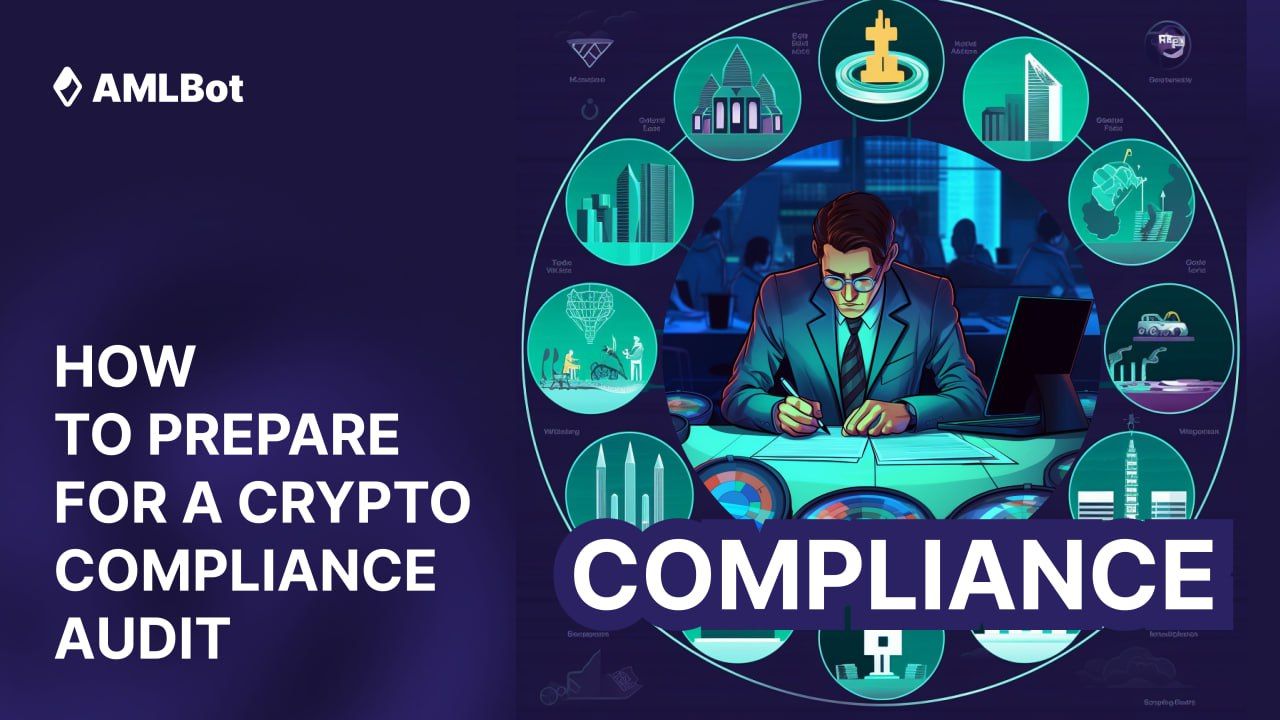Crypto Exchange Compliance In India: A 2025 Guide

Table of Contents
Understanding the Current Regulatory Framework for Crypto Exchanges in India
The legal status of cryptocurrency in India remains somewhat ambiguous, creating both challenges and opportunities for crypto exchanges. The government's stance is evolving, leading to a dynamic regulatory environment.
The Legal Status of Cryptocurrency in India
The legal landscape for cryptocurrencies in India is far from settled. While there's no outright ban, the regulatory framework is still developing.
- 2018 RBI Circular: The Reserve Bank of India (RBI) initially issued a circular prohibiting banks from dealing with cryptocurrency businesses. This was later overturned by the Supreme Court in 2020.
- Ongoing Legislative Efforts: The government is currently working on a comprehensive cryptocurrency bill, aiming to create a balanced regulatory framework that fosters innovation while mitigating risks. Details are still emerging, and the final form of the legislation remains uncertain.
- Key Government Bodies: The Ministry of Finance and the RBI are the primary government bodies involved in shaping India's cryptocurrency regulations. Their collaborative approach is key to determining the future of crypto exchange operations in India.
- Taxation Debate: The taxation of cryptocurrency transactions is another area of ongoing discussion. The current tax laws treat cryptocurrency transactions as taxable events, but the precise application of tax regulations is still being clarified.
KYC/AML Compliance for Crypto Exchanges
Know Your Customer (KYC) and Anti-Money Laudering (AML) regulations are crucial for preventing the use of crypto exchanges for illicit activities. Strict adherence is mandatory.
- Importance of Robust Procedures: KYC/AML compliance involves verifying the identity of users and monitoring transactions for suspicious activity. This is essential for combating money laundering, terrorist financing, and other financial crimes.
- Penalties for Non-Compliance: Failure to comply with KYC/AML regulations can result in significant penalties, including hefty fines and potential legal action.
- Technological Solutions: Crypto exchanges can leverage technology, such as blockchain analytics and AI-powered risk assessment tools, to improve the efficiency and effectiveness of their KYC/AML programs.
Taxation of Cryptocurrency Transactions in India
The taxation of cryptocurrency transactions in India is currently subject to capital gains tax, which applies to profits made from the sale of cryptocurrencies. Income tax and GST implications are also relevant.
- Capital Gains Tax: Profits from cryptocurrency trading are treated as capital gains and are taxed accordingly. Short-term capital gains (STCG) and long-term capital gains (LTCG) are taxed at different rates.
- Income Tax Implications: Income generated through cryptocurrency mining or staking activities may also be subject to income tax.
- GST Applicability: The Goods and Services Tax (GST) implications for cryptocurrency transactions are still evolving and require careful consideration. The government's stance on this is still under development.
Best Practices for Crypto Exchange Compliance in India (2025)
Maintaining regulatory compliance requires a proactive and multi-faceted approach. Prioritizing security, data privacy, and ethical business practices is key.
Implementing Robust Security Measures
Protecting user assets is paramount for any crypto exchange operating in India. Robust security measures are non-negotiable.
- Two-Factor Authentication (2FA): Implementing 2FA adds an extra layer of security, making it significantly harder for unauthorized individuals to access user accounts.
- Cold Storage: Storing the majority of crypto assets offline (in cold storage) minimizes the risk of hacking and theft.
- Regular Security Audits: Conducting regular security audits helps identify and address vulnerabilities before they can be exploited.
- Encryption: Employing strong encryption protocols protects sensitive user data and transactions.
Data Privacy and Protection
Complying with data privacy regulations, such as the upcoming Personal Data Protection Bill, is critical.
- Data Encryption: Encrypting user data, both in transit and at rest, helps protect it from unauthorized access.
- User Consent: Obtaining explicit user consent for collecting and processing personal data is essential.
- Data Breach Response Plan: Having a well-defined data breach response plan in place is crucial for minimizing the impact of any security incident.
Maintaining Transparency and Ethical Business Practices
Transparency and ethical business practices are essential for building trust and fostering a positive reputation.
- Clear Terms and Conditions: Providing users with clear and concise terms and conditions helps avoid misunderstandings and disputes.
- Dispute Resolution Mechanisms: Establishing a fair and efficient dispute resolution mechanism allows for the effective handling of complaints and grievances.
- Corporate Governance: Strong corporate governance practices ensure that the exchange operates ethically and responsibly.
Future Trends and Predictions for Crypto Exchange Compliance in India
Predicting the future of Crypto Exchange Compliance in India requires considering both anticipated regulatory changes and technological advancements.
Anticipated Regulatory Changes
The Indian government's stance on cryptocurrency is likely to evolve further in the coming years. We anticipate more clarity on taxation, licensing requirements, and other aspects of the regulatory framework. This will require ongoing adaptation and vigilance from crypto exchanges.
Technological Advancements and Compliance
Emerging technologies like AI and blockchain can play a significant role in enhancing compliance. AI-powered tools can help automate KYC/AML checks and detect fraudulent activities more efficiently, while blockchain technology can enhance transparency and traceability of transactions.
Global Best Practices and Their Applicability to India
India's regulatory framework will likely incorporate elements of global best practices in crypto regulation. Staying informed about international standards and their potential impact on India is important for maintaining compliance.
Conclusion: Ensuring Crypto Exchange Compliance in India for a Secure Future
Navigating Crypto Exchange Compliance in India requires a proactive approach. Understanding the current regulatory framework, implementing robust security measures, prioritizing data privacy, and maintaining transparency are essential. The evolving nature of cryptocurrency regulations in India necessitates constant vigilance and adaptation. Staying informed about changes in India's cryptocurrency regulations and best practices is crucial for maintaining compliance and ensuring a secure and successful operation in 2025 and beyond. Seek professional advice to ensure your Crypto Exchange Compliance in India meets all legal requirements.

Featured Posts
-
 Trump Interview Goldberg Details Unexpected And Unusual Interactions
May 15, 2025
Trump Interview Goldberg Details Unexpected And Unusual Interactions
May 15, 2025 -
 Resultado Final Olimpia Vence 2 0 A Penarol Resumen Y Analisis Del Juego
May 15, 2025
Resultado Final Olimpia Vence 2 0 A Penarol Resumen Y Analisis Del Juego
May 15, 2025 -
 Trump Biden Feud Intensifies A Focus On Patriotism
May 15, 2025
Trump Biden Feud Intensifies A Focus On Patriotism
May 15, 2025 -
 Foot Locker Summer Campaign Championing Local Voices
May 15, 2025
Foot Locker Summer Campaign Championing Local Voices
May 15, 2025 -
 Dodgers Master Plan Padres Unexpected Counter Strategy
May 15, 2025
Dodgers Master Plan Padres Unexpected Counter Strategy
May 15, 2025
